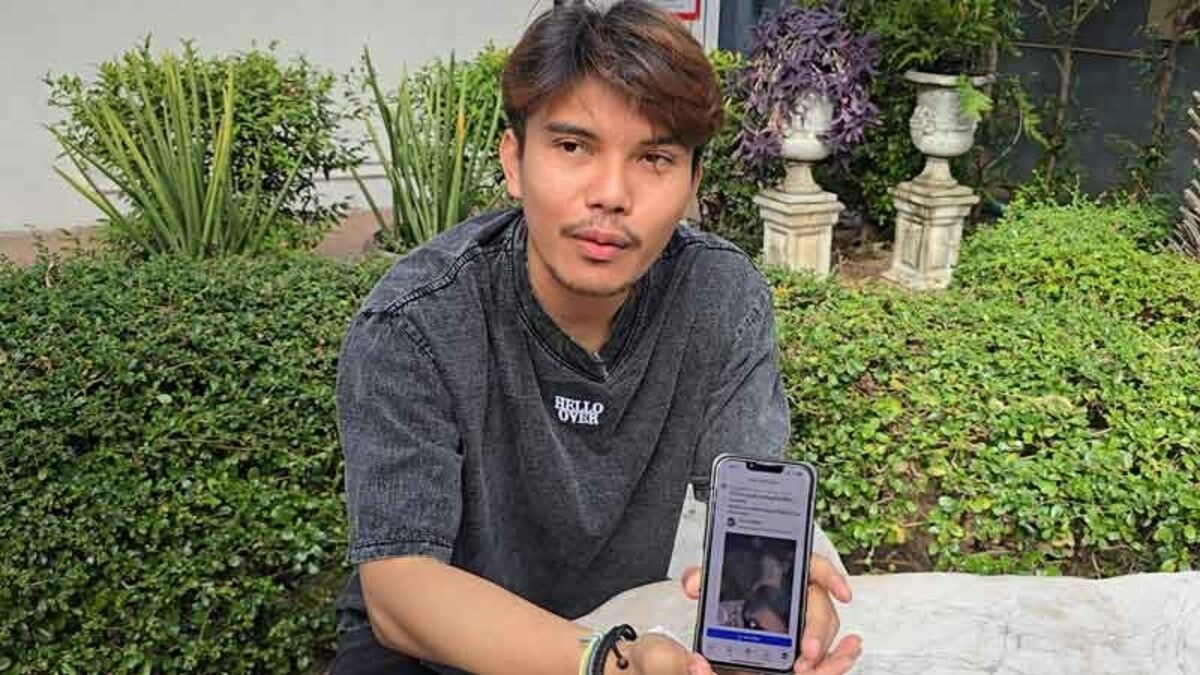Thai singer demands revenue from falsely claimed song rights (video)

Min Kuntaphat, a renowned Thai singer and independent artist from Maha Sarakham province, has accused a popular influencer with nearly 3 million followers of falsely claiming ownership of his song Soi Dao.
According to Min, who legally owns the song’s rights, the influencer has been collecting revenue from the song on various online platforms for almost a year, despite Min’s intention to freely allow anyone to use and perform the song for income generation.
The singer revealed that he purchased the rights to the song from a close friend who is a songwriter. Five years ago, he uploaded the song on YouTube without implementing any backend systems to prevent others from profiting from his work, as he wanted fans and the public to cover and earn from his songs without copyright issues.
However, the influencer allegedly set up a backend system claiming ownership of the song, Soi Dao, thereby reaping online revenue from platforms like Facebook, TikTok, and YouTube over the past nine months. Min noted that the influencer used the song as background music in a collaborative film project with the songwriter. Initially, Min was pleased to allow the song’s use, with mutual understanding between him and his songwriter friend. Yet, the influencer’s actions led to significant online viewership—8.5 million views compared to Min’s 4.7 million—without Min’s objection, as he had permitted its use.
Min uploaded his song to his Facebook page and soon received notifications indicating that ad revenue would be shared with the claimed rights owner. Upon investigation, the singer discovered the influencer had falsely claimed the song on their channel. When Min sought clarification, he received vague responses, stating that the backend system automatically generated a barcode to claim ownership across platforms, which contradicted Min’s aim of freely sharing his music.

Min emphasised his lack of concern over others earning from covering his songs, as long as it was done transparently. However, the backend system’s claims on his song have led him to feel his rights were violated. He stated that if the influencer had originally disclosed and taken responsibility, he would have been satisfied with a simple apology and the removal of the backend system, allowing the song to be freely used.
After three days without a satisfactory explanation or financial accounting from the influencer, Min is now demanding full disclosure and transfer of all revenues from Soi Dao claimed by the influencer. Min is prepared to pursue legal action to protect his rights if necessary. The singer affirmed that all his songs, including Soi Dao, are legally his, and he welcomes others to cover and earn from them without claiming ownership. The situation has prompted Min to consider implementing a backend system to prevent similar issues in the future while still allowing others to cover his songs, reported KhaoSod.
Latest Thailand News
Follow The Thaiger on Google News:


























